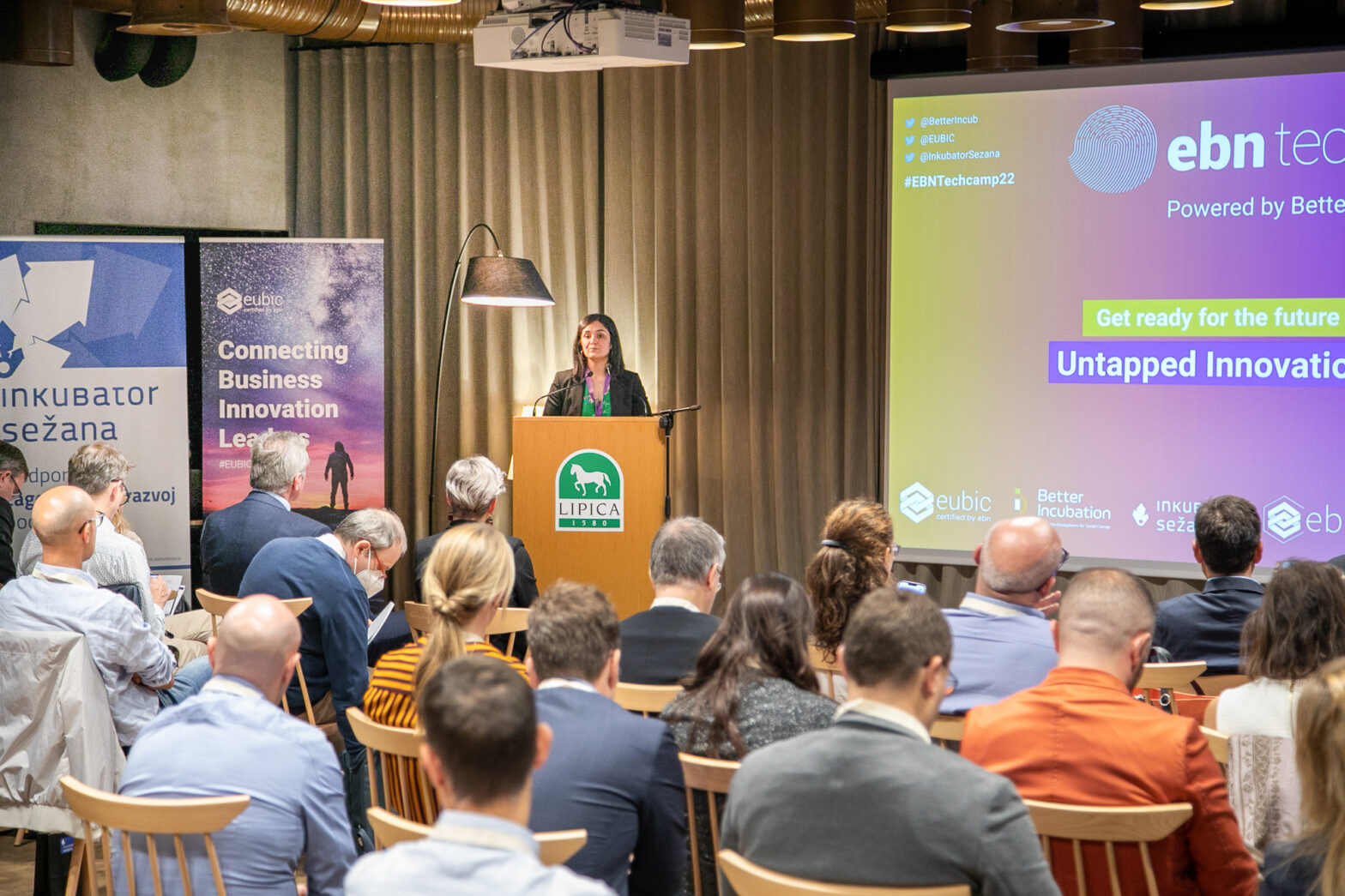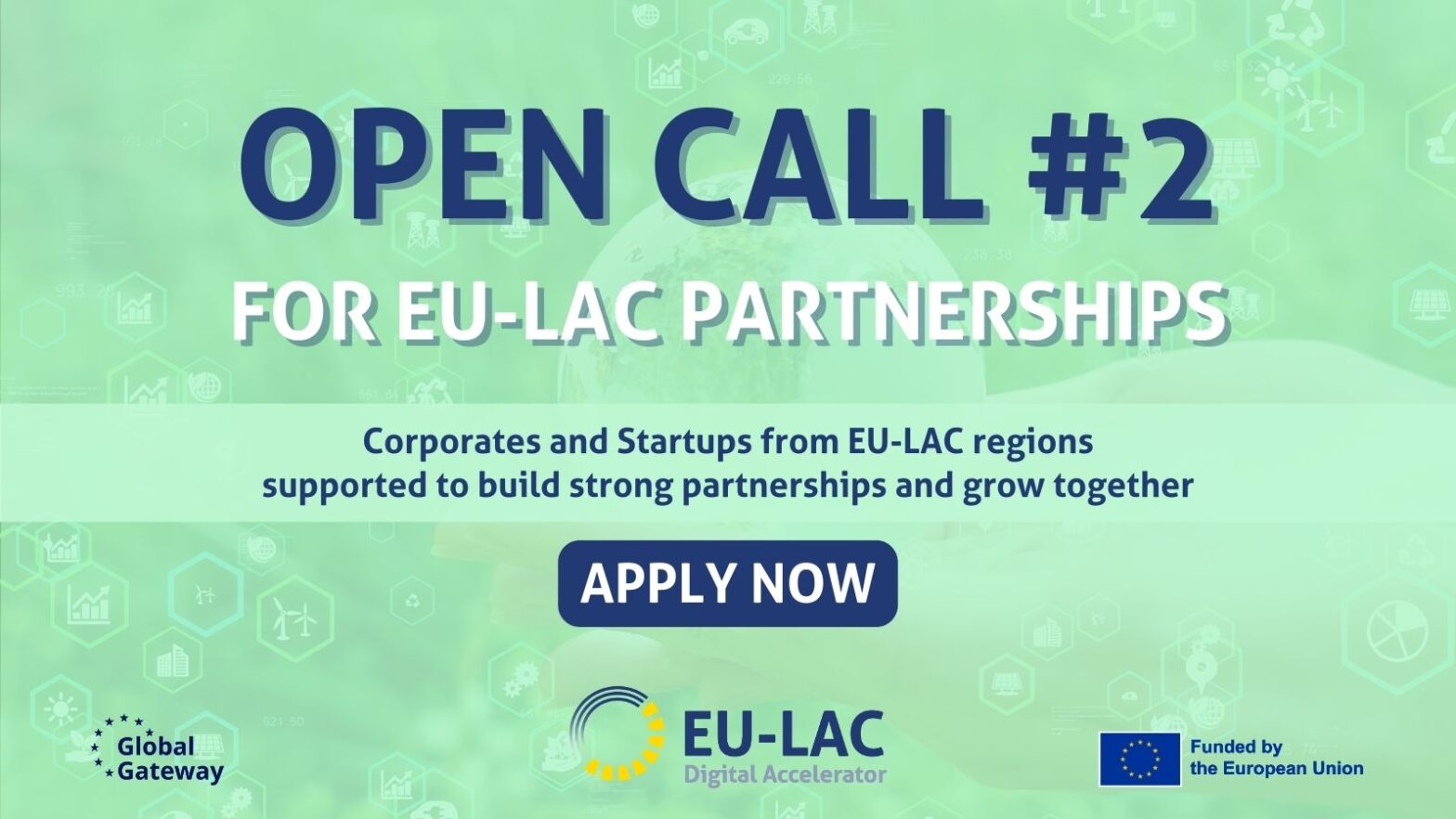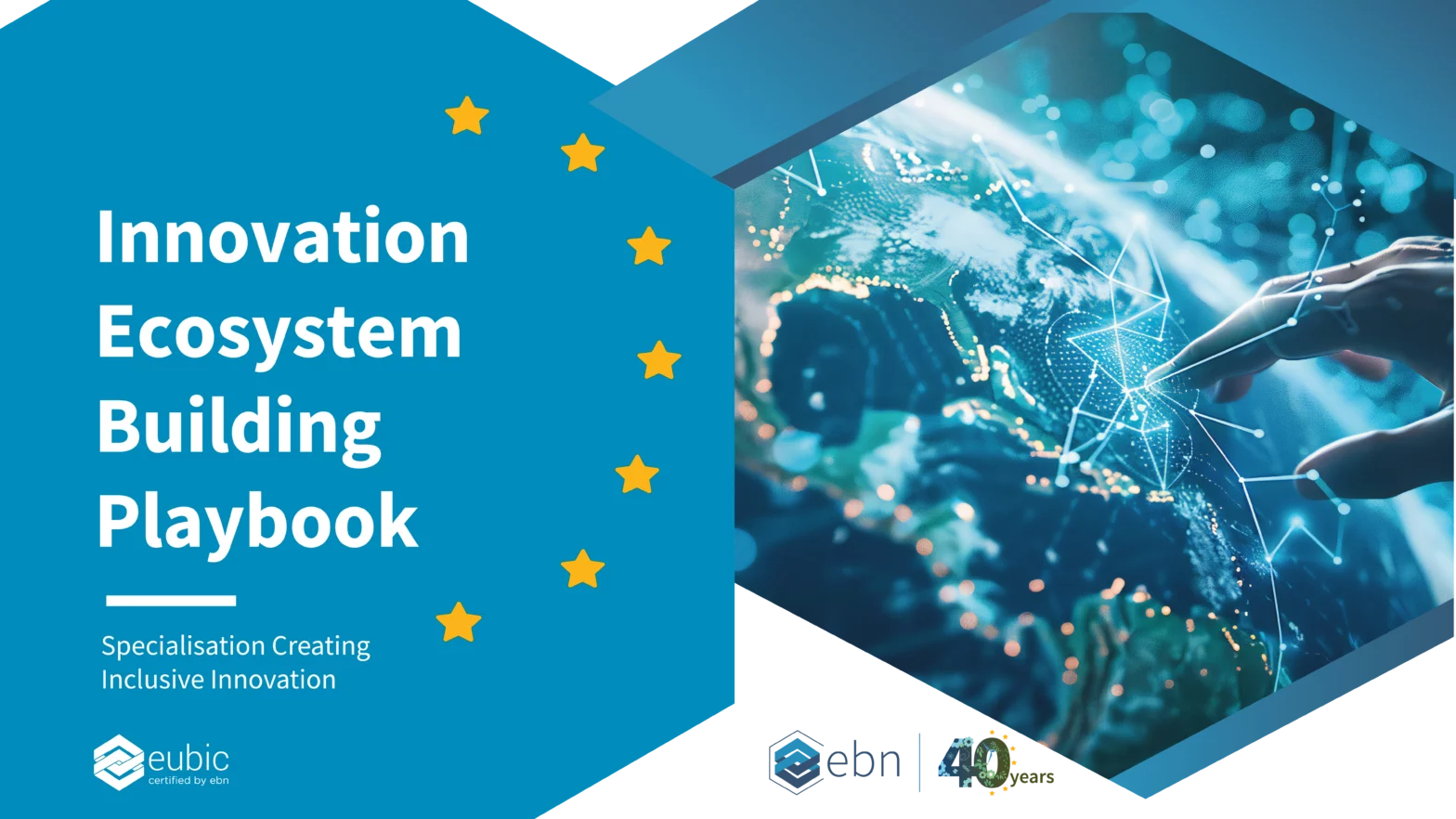Innovation, impact, SDGs, and inclusivity of innovative entrepreneurs - the story of the 2022 EBN Techcamp

Over 80 international business support experts, thought leaders, and innovation practitioners gathered in Lipica, Slovenia, for the 2022 EBN Techcamp. Stemming from 26 different European and neighbouring countries, participants discussed the importance of diversity in entrepreneurship support.
Techcamp showcased experiences and strategies and co-developed innovation support programs to give the European innovation ecosystem a competitive advantage by embracing diversity and an impact-driven approach to supporting (tech) entrepreneurship.
It was held on the 19th and 20th of October in Lipica, Slovenia, to explore the European innovation ecosystem’s untapped potential in becoming more inclusive and diverse and how to re-strategize, upskill and expand business support services to service a new generation of impactful start-ups. It was co-hosted by EU|BIC Inkubator Sežana and was powered by Better Incubation, a project funded by the European Union Programme for Employment and Social Innovation.
Photos by Jan Antonac from VSS Sežana
Inkubator Sežana is one of our quality-certified EU|BICS who decided to join the Better Incubation project. They quickly became an example for the community by designing a successful and effective incubation support programme for hearing-impaired entrepreneurs. Their motivation and success, as well as the celebration of their 30th anniversary, are one of the sources of inspiration that brought the EBN Techcamp to Lipica.
The EBN Techcamp is the second of our yearly events and the one that most showcases methodologies, practices, techniques, and tools that the community can bring back to their country and region to better support entrepreneurial innovation. This year, our focus on impact-driven and inclusive entrepreneurship is in large part because we know the challenges the community is facing. We wanted to empower them with the tools that can bring long-lasting resolutions – by increasing the pool of entrepreneurs, diversifying the type of companies they support, and more completely investing in their region’s (sustainable and social) economic development.
Laura Lecci, CEO at EBN
As remarked by the EC and the OECD, inclusive entrepreneurship is an integral part of growth. A widespread business creation by people of all groups helps generate jobs and combat social and financial exclusion while stimulating economic growth. Evidence shows that women, youth, seniors, immigrants, and people with disabilities are often underrepresented in the entrepreneurial space and, on average, less likely to succeed in creating high-growth firms due to a lack of networks, and access to finance, and less adequate ways to gain skills needed grow a company. At the same time, social enterprises are longstanding agents of inclusive growth and have proved remarkably resilient in the face of economic adversity. By design, social enterprises address socioeconomic challenges in innovative ways and engage citizens to become part of the solution.
Over 8 parallel deep-dive sessions, the 2022 EBN Techcamp offered EU|BICs, and BSOs a space to share, debate, and test practices, methods and tools for impact-driven and inclusive entrepreneurship promotion and support. Some of them resulted from the involvement of EBN and IHUB members in 21 Better Incubation pilots that led to new inclusive incubation programmes that involved more than 130 entrepreneurs over 6 months. Tools, methods, and recommendations have been shared during the Techcamp, and are also available in the Better Incubation Toolkit, the Better Incubation Collection of Best Practices, the Inspirational Videos, and the upcoming Better Incubation Insights Paper (focus on programmatic level) and the Better Incubation Roadmap (focus on organizational level).
There is evidence that business incubators and business accelerators can be effective supports for new and growing businesses, and evaluations suggest similar results can be achieved in business incubators that focus on supporting entrepreneurs from underrepresented and disadvantaged groups. The keys to success for these initiatives include offering strong preincubation services, building strong linkages with mainstream business support providers and investors, delivering support in flexible modules, and ensuring incubator staff is trained to support the targeted entrepreneurs.
This year’s EBN Techcamp empowered its participants to support a new generation of impactful tech start-ups – companies that are both profitable and work to improve society, operating ‘’double bottom line’’ business models – and to leverage diversity and inclusion and become relevant, competitive, and gain an advantage.
Cristina Fanjul, President of EBN
The event counted on the contribution of many local and international speakers who shared their experiences and best practices for innovation support. Speakers included: Dr. Aida Kamišalić Latifić, the secretary of state at the Slovenian Ministry of Digital Transformation, and David Škabar, Mayor of Sežana, who spoke of the importance of innovation and digitalization in Slovenia for its future; Cristina Fanjul, EBN President, Dorijan Maršič, Director at Inkubator Sežana, both addressing the importance of increased inclusivity for the future of European innovation and sharing their personal experience in the subject; and Tobias Temmen, Venture Partner at Kellogg-WHU, Stanford Change Labs, Andreja Jaklič, Professor at the University of Ljubljana – Faculty of Social Science, and Flora Rosenow, Global Brand Strategy & Communication for Impact expert, who lead workshops on the creation of incubation modules, guaranteeing its societal value from innovation ecosystems, and measuring and communicating its value to others – respectively.
Better Incubation is a joint initiative of EBN, Impact Hub and EVPA, funded by the European Union, to kickstart an “eco-systemic” change by bringing incubation and business support services closer to society as a whole and to promote entrepreneurship and self-employment as means to create jobs, develop skills, and give the unemployed and vulnerable an opportunity to fully participate in the economy and improve the inclusivity of our societies (www.betterincubation.eu)







